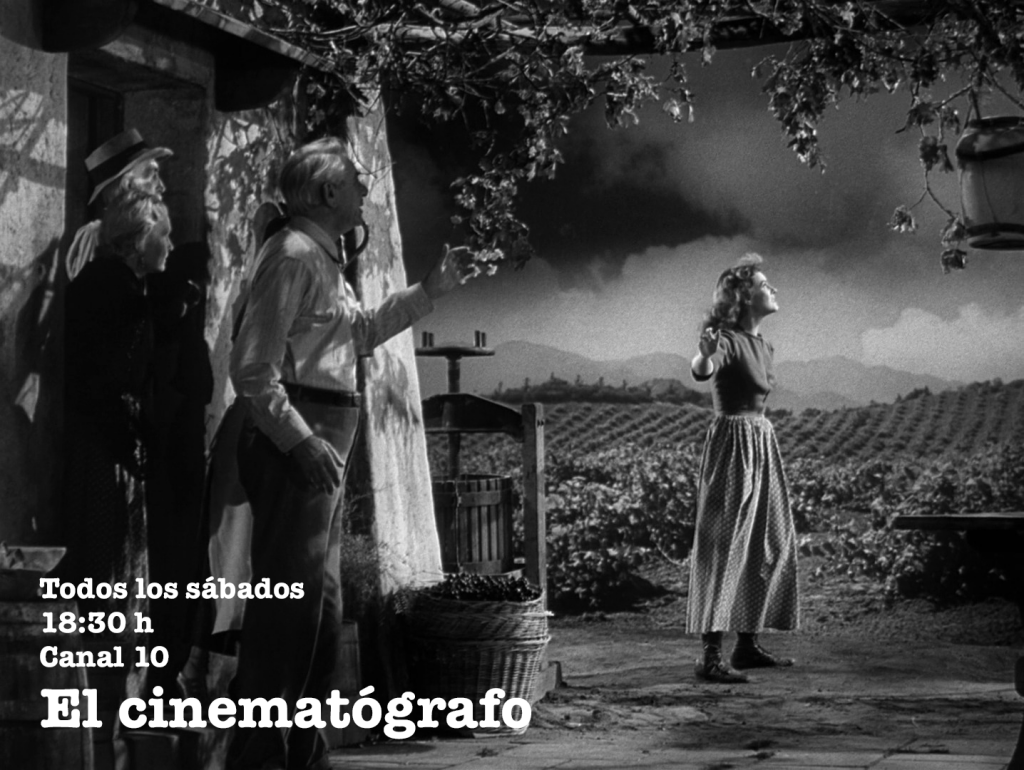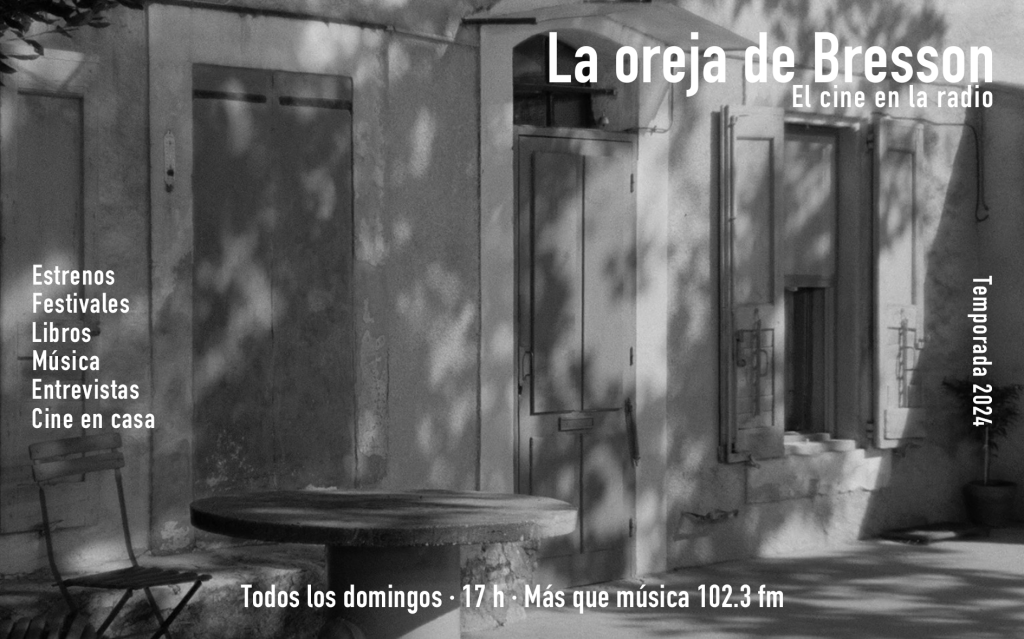
MES FICUNAM 2013 (14): FOUR FILMS FROM AN UNKNOWN MASTER
 Student, Darezhan Omirbayeb, Kazajistán, 2012
Student, Darezhan Omirbayeb, Kazajistán, 2012
By Roger Koza
Everything starts almost as a joke —Omirbayev himself is filming a scene for a film. A pullback travelling angle on a very beautiful woman shows the shot is finished. “Cut,” says the director. A young assistant can’t stop staring at the leading actress. There will be an accident and a beating.
The true film —inspired by Dostoyevsky’s Crime and Punishment and contextualized in our times— is born out from that introduction. Kazakhstan is an unknown territory for us and in just a few minutes Omirbayev will introduce its unexpected modernity through its buildings.
And though the name of the student will not be revealed, the young main character wants to prove a thesis through a bizarre and controversial choice, a political suspension of ethics as it happened to the characters in Hitchcock’s The Rope; the student will end up killing two innocent people. This is a philosophical test.
And though this is not made explicit, the subject he studies at college is philosophy and those passages at university class rooms function as ideological coordinates. A capitalist version of Darwinism summarizes contemporary malaise and thus the presence of animals —a horse, lions, giraffes, hyenas, and doves all are starred. To see a giraffe kicking out as a defense against hungry lions summarizes the struggle between the weak and the strong. But curiously enough the power of this film lies not in its words, but in its images. In fact, a verbal economy is evident. However, that doesn’t mean the soundtrack functions poetically only; the sophistication of the work on the direct sound is admirable and the way silence bursts in at some key sequences is unforgettable.
How to film the process of a decision making, of achieving an understanding of things? The importance of the dream sequences and those fabulous and almost imperceptible cross fades has to do with that. Student ends with a direct quote taken from Bresson’s Pickpocket, another prominent adaptation of Dostoyevsky’s book; and the capitulation of the young student, an apparently dark end for him, turns into future hope. To surrender is to conquer the right to achieve grace.
 Chouga, Darezhan Omirbayeb, Kazajistán-Francia, 2007
Chouga, Darezhan Omirbayeb, Kazajistán-Francia, 2007
Omirbayev’s second full-length film features the child Zhalusan (Jasulan After dreaming of a boy fishing on a lake, a deliberately symbolic landscape and an oneiric material which will be repeated with a significant variation, Tléguen wakes up and he is no longer a little boy, but he is as lonely as he was in his dream. He cooks some breakfast, reads a poem, and goes out in search for some possible love. A fragment of the poem reads: “What do I do with words? What do I do with the vortex of my emotion?” The answer to this question is the film itself. It talks about the new social order in Kazakhstan, about the discreet but direct impact of it over the private lives of individuals, their families, and their economies.
At a dancehall, Tléguen waits for Altynai with a bouquet of flowers in his hands. The beautiful young lady is glad Tléguen remembered her birthday; but then appears Ablai, a possible boyfriend, a bit older than they are and also with a bouquet of flowers twice or even three times as big as Tleguen’s. Nothing or little is actually said, but everything is understood. This is poetics.
There are also the panoramic and subjective shots of modern architecture. A public space where in- vestment and material wealth are apparent and there are traces of a change. There is a street sequence where the iconic Parisian opening is the only deterrent for us to think we are in a street in downtown Almatý. And what is there to say about the interiors? The home conveys not only a style of life but a psychic space: a woman in a marital crisis stares from her window at a couple of newlyweds. Later on, three doors will be closed on their own at three different houses —the mysterious materialization of yearnings and frustrations.
This is an adaptation of Tolstoi’s Ana Karenina in another time and another space. “Ana” is Chouga, Altynai’s aunt, who will fall in love with Ablai and will leave her millionaire husband and even her small kid for him. The moments of seduction are extraordinary and even more so their first act of love (off screen, silly and glorious). Society may judge her based on gossip, but not so Omirbayev, who is too lucid to inflict punishments on his creatures.
 About Love, Darezhan Omirbayeb, Kazajistán-Corea del sur, 2006
About Love, Darezhan Omirbayeb, Kazajistán-Corea del sur, 2006
Literary adaptation defines Darezhan Omirbayev’s late films: Tolstoy in Chouga; Dostoyevsky in his last film, Student; and, in this specific case, “About Love,” a short story by Chekhov. In the three cases, the procedure for the transposition is to take the plot and the characters of a classic and set them into a different historical (and political) context. The link between the literary work and its filmic version is structural and conceptual. In other words, the idea is not to illustrate a novel or a short story, but to appropriate a semantic skeleton used by the filmmaker to interact with other elements outside the scope of literature.
In About Love a quite lonely physics professor casually finds a schoolmate he lost track of years before and who is now a businessman and a diplomat. This is a clash between two worlds. The schoolmate invites the professor home to meet his wife and daughter. For better or worse, this lonely man of science will fall in love deeply with his friend’s wife. Is this platonic love? Perhaps, but this doesn’t make it any less intense.
Differently from Chouga, in which a married woman is quick to abandon her family life for a single man, here the control of passion works as a way to regulate desire with loyalty. Part of the suspense lies in how this love affair will untangle, but Omirbayev seems more interested in his protagonist’s soliloquy (and thus a justified use of an off-screen voice) and his hesitations, not necessarily related to guilt and morality. It is more interesting to see how the director manages to point at the atmosphere of a time which determined the limits of passion and love. From this follows a mise-en-scène revealing the economy and specific status of the characters. In here, furniture and architecture tell parallel stories; and a love story is always surrounded by other factors, unrelated to passion, which secretly impose limits in any romance.
 July, Darezhan Omirbayeb, Kazajistán, 1988
July, Darezhan Omirbayeb, Kazajistán, 1988
The early films of a master are much more than just a beginning; they are first gestures which, in a way, contain their whole work, as if the old Aristotelian concept of actuality and potentiality were the ideal explanation to analyze a lifework in retrospective. Many sequences and obsessions to be found in future Darezhan Omirbayev’s films are already secretly present in Shilde. In this beautiful film there is a still- contained-but-about-to-expand line, beginning with the children of this beautiful film and continuing with the teenagers and young people of Kairat, Cardiogram, Killer, and The Road, and all the way to one of his masterpieces, Student.
Apparently simple, the anecdotes told in Shilde happen during a single day; in a lost village in Kazakh- stan two children wander aimlessly all over the place. They go watch a movie and put metal bottle caps on train tracks to assert the weight and power of the train machine. They steal melons for fun and sell them to the passengers of a train stopping in their town for just a few minutes. That’s all; and yet, a whole physic and symbolic universe lies there.
As usual with Omirbayev, the immediate reference is Bresson —however arguable, there is a real kin- ship— but this is not the most Bressonian of his films. Whoever remembers the early Kiarostami films, especially The Traveller, will see a resemblance. In Omirbayev’s work (as in the early Kiarostami) there is always a relation between consciousness and setting, regardless of it being a natural landscape, a room, a house, or a city. Also, the main fluctuations of consciousness usually materialize as dreams. And the oneiric passage in Shilde is formally and conceptually extraordinary. The relations established between a horse, a piano, an orchestra concert, the melons in a plantation (never shown in the screen) and a pause to rest at a prairie, reveal a filmmaker of astonishing originality and exquisite sensitivity.
Whoever gets in contact with Shilde will want to know what happened to that prodigious man from Kazakhstan. 25 minutes are enough to realize it.
Omirbayev Retrospective Ficunam 2013
Roger Koza / Copyleft 2013





At this time I am going to do my breakfast, when having my breakfast coming yet again to read more news.
Fantastic website you have here but I was curious if
you knew of any forums that cover the same topics discussed in this article?
I’d really love to be a part of group where I can get responses from other knowledgeable people that share the same interest. If you have any recommendations, please let me know. Bless you!